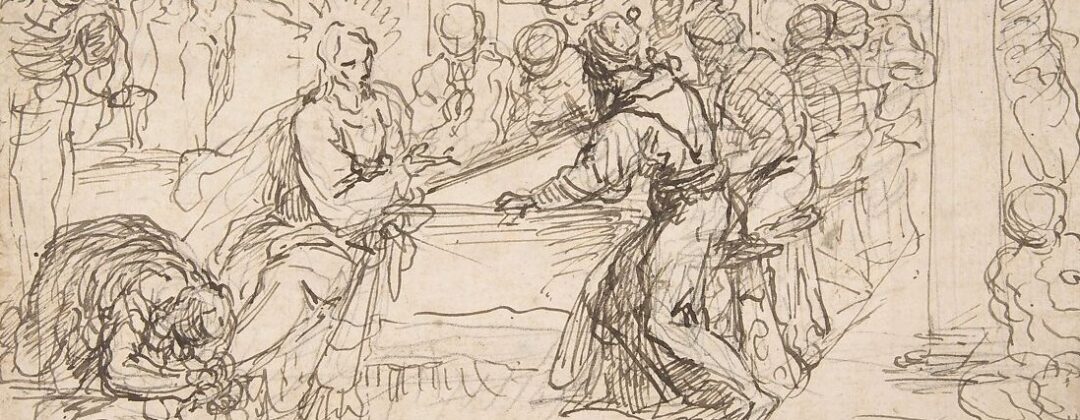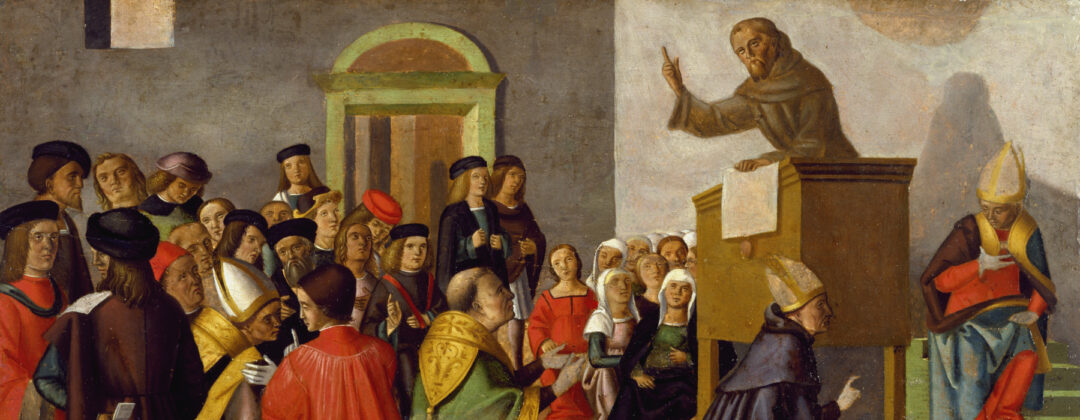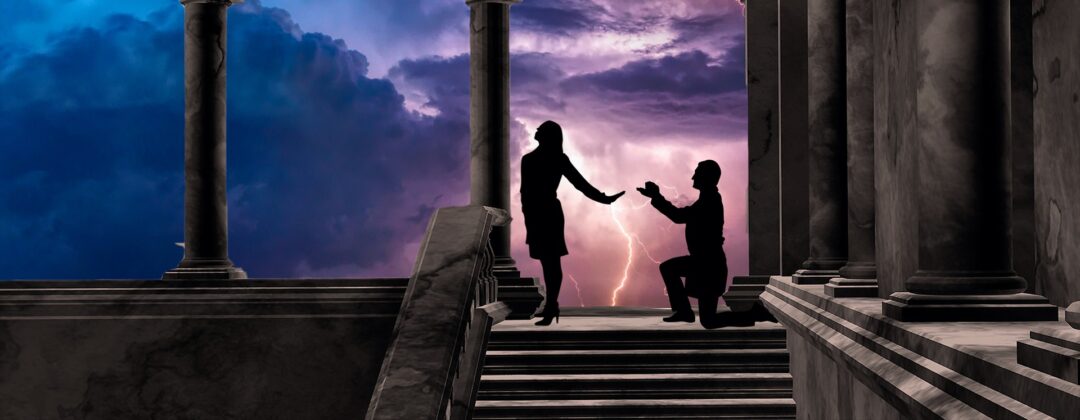Imagine
creation—
See as though standing there
(though there is no there yet
only nowhere, Nothing,
a space not even black because black hasn’t been
created yet,
only absence,
Void,
Nothing—)
the apocalyptic eruption
(apocalypse, apokalupsis, revelation, the opening of the curtains of the world)
at the sound of a Voice
that carries through emptiness
(a scientific impossibility, that, but
impossibility never stopped this Voice yet)
to tear back the face of Nothing
and reveal Something,
raw light from everywhere bursting forth—“Let there be Light!”—
dazzling your eyes—
creating color,
light waiting only for more to be made
that it might illuminate
(for what light can shine with nothing to shine on?) . . .
Can you imagine?
Perhaps a humbler image, analogy, a comprehensible scale
—human scale, not God’s—
his cabinets are too high for us to reach
to bring down his tools of creation
Have you ever known writers,
had the privilege of sitting among them?
Listen to the bursting-forth of worlds in their speech,
new creations birthing in the cross-cutting ideas—
“What if we had a story in which
the hero turned into the villain
and the villain
the hero?”
“I’m playing with a world where
Israel stayed faithful and became a great empire—
what would that look like?”
“The idea is that the essence of each object, its name,
is music, and if you know the music
you have power to control the object.”
“What do you know about dragons?
I have this dragon who keeps wanting to change color on me.”
“Do you think—
can I get away with putting coffee into a fantasy story?”
again, language shapes the world
as they speak and bring
time
space
being
into focus.
It’s the same thing, really,
or at least the same sort of thing, this speaking,
as the grand re-echoing Word of God—
as he spoke
(“Let there be Light!”)
so they speak
and there is light shining across plains, mountains, seas, faces,
lighting the words and deeds
of heroes and villains
of all the people in between—
you and me as it were recaptured
in other times and places that never were
though they often should have been
Photo ©2018 . Free for use.


















